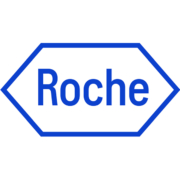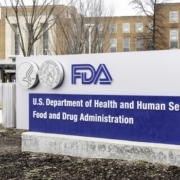Now in Phase III with its small molecule orforglipron, Eli Lilly is leading the oral GLP-1 race against Novo Nordisk, Pfizer, Roche and others.
While disease-modifying therapies largely steal the spotlight in Alzheimer’s drug development, several companies are working to solve this less-discussed but disruptive facet of the illness.
Last week, Swiss contract manufacturer Lonza announced it was paying $1.2 billion to buy a Roche manufacturing facility in Vacaville, California. The deal is meant to boost Lonza’s production of commercial mammalian products, which are made from cells isolated from animal tissues, and to expand its U.S. manufacturing footprint. The acquisition is indicative of the growing reliance of biopharma companies on contract manufacturers for biologics.
Yesterday Applied Therapeutics announced that the FDA is extending the review period for its investigational aldose reductase inhibitor govorestat for the treatment of classic galactosemia. The biotech now expects a verdict by Nov. 28, 2024.
Gilead Sciences’ Vemlidy on Thursday secured a label expansion from the FDA, allowing the antiviral drug’s use to treat chronic hepatitis B in pediatric patients aged six years and older.
The German company reported in February that it expects to grow an average of 10% per year. Nearly half of that is anticipated to come from its association with drugs in the GLP-1 class.
BMS said its experimental drug to treat Crohn’s disease, a chronic inflammatory bowel condition, did not help patients achieve disease remission in a late-stage study.
Analyzing social media using artificial intelligence may pick up signals of depression in white Americans but not in Black counterparts, according to a study that highlights the risk of training AI models for healthcare-related tasks without data from diverse racial and ethnic groups.
The U.S. Centers for Disease Control and Prevention has issued an advisory alerting healthcare providers about an increase in invasive meningococcal disease and urging them to ensure necessary vaccinations against the deadly disease.
After an initial rejection due to safety issues, followed by a dispute and deferred actions, Akebia Therapeutics on Wednesday finally won the FDA’s nod for vadadustat as a treatment for anemia caused by chronic kidney disease.





